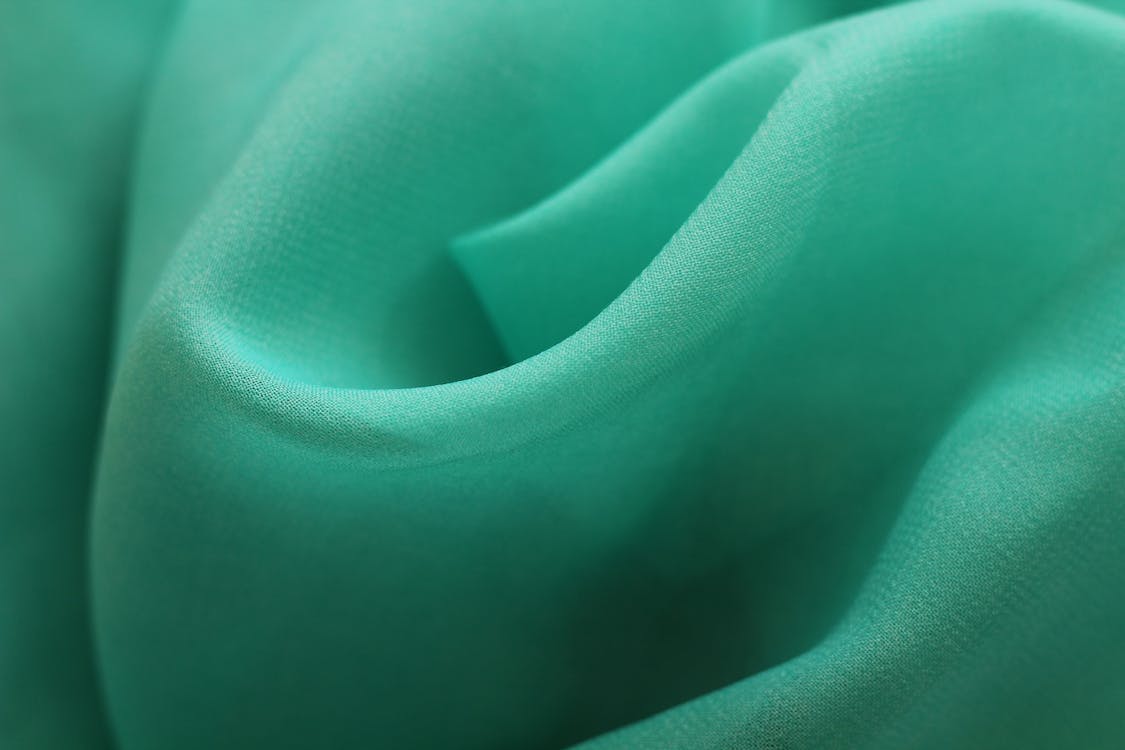
FAQ About Differences in Polyester
Differences in Polyester
2 years ago | gizem
How does polyester compare to nylon?
Polyester and nylon are both synthetic fibers with similar properties, but they have some differences. Here's a comparison between polyester and nylon:
- Source: Polyester is derived from petroleum-based products, while nylon is also a synthetic fiber but is made from petrochemicals through a different manufacturing process.
- Strength and Durability: Nylon is generally considered to be stronger and more durable than polyester. Nylon fibers have a high tensile strength, making them resistant to tearing and abrasion. Polyester is also a strong fiber but is slightly less durable compared to nylon.
- Moisture Absorption: Nylon has the ability to absorb moisture and can retain some level of wetness. Polyester, on the other hand, is hydrophobic and does not absorb moisture as readily. This makes polyester fabrics dry faster and less prone to moisture-related issues like mildew or odor.
- Breathability: Nylon has better breathability compared to polyester. Nylon fibers allow more air circulation, which helps to keep the wearer cool and dry. Polyester is less breathable and may trap heat and moisture, leading to a less ventilated feel.
- Stretch and Elasticity: Nylon has good stretch and recovery properties, allowing it to stretch without losing its shape. Polyester, on its own, is not inherently stretchy but can be blended with elastane or spandex fibers to provide stretch and flexibility.
- UV Resistance: Nylon has better resistance to UV radiation compared to polyester. Nylon fibers have inherent UV-blocking properties and are less likely to fade or degrade when exposed to sunlight. Polyester can be treated with UV-protective finishes, but its resistance to UV radiation may be lower than that of nylon.
- Care: Both polyester and nylon are relatively easy to care for. They are generally machine washable and quick-drying. However, specific care instructions may vary depending on the fabric blend, finishes, or treatments applied to the fibers.
- Applications: Nylon is commonly used in applications that require strength, durability, and abrasion resistance, such as outdoor gear, activewear, and luggage. Polyester is widely used in various applications, including clothing, home textiles, upholstery, and industrial fabrics.
